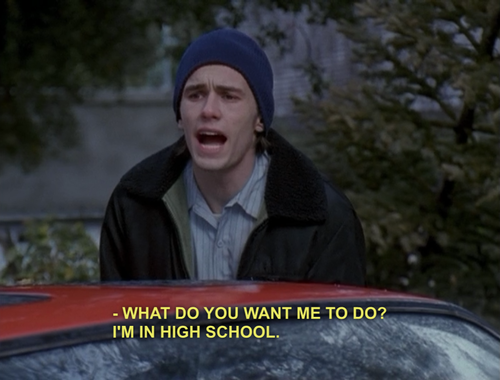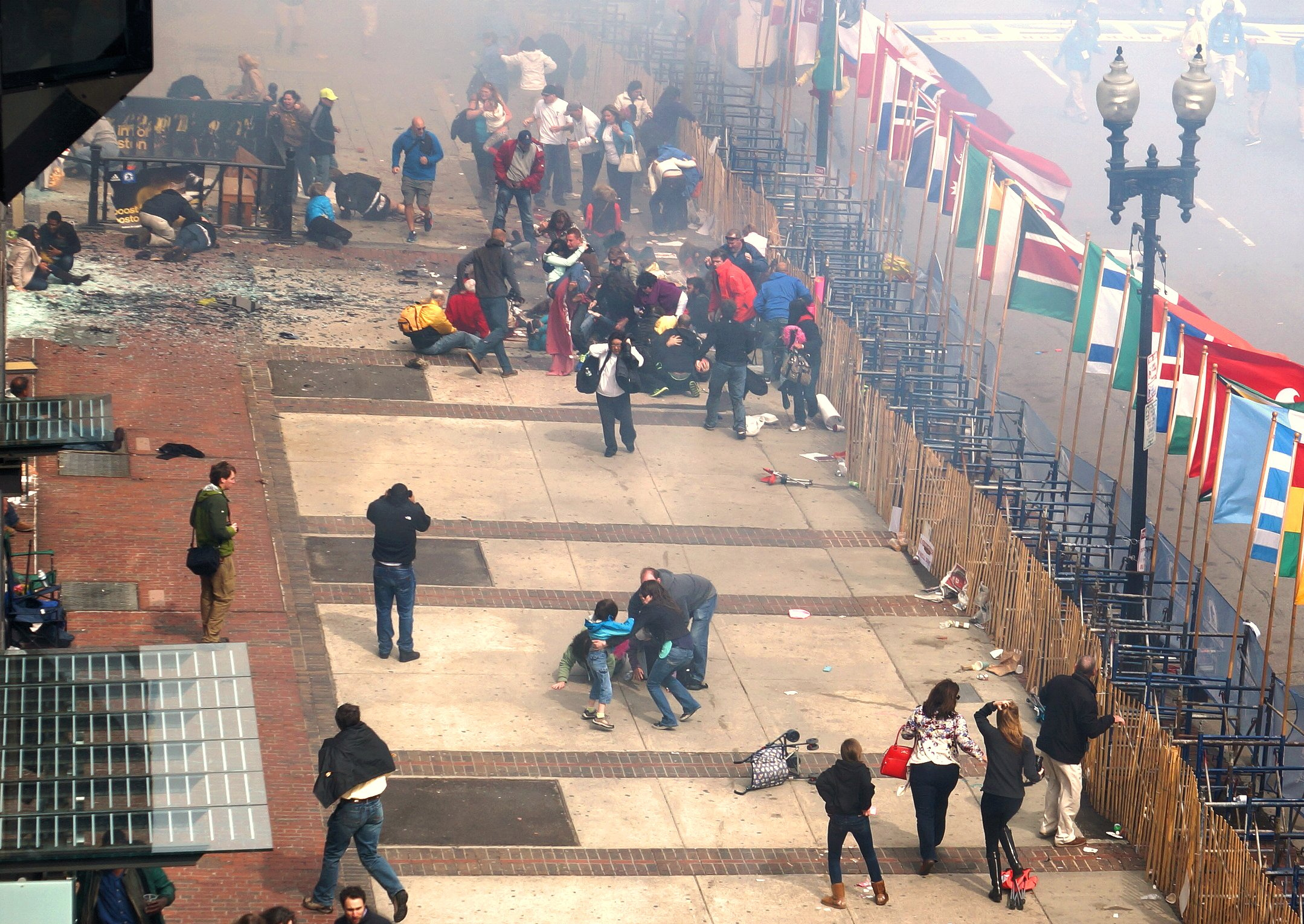One afternoon in 1937, in the small Spanish Basque town of Guernica, the church bells began ringing. Guernica had been a safe haven in the chaos of the violent Spanish Civil War--as of yet, it had witnessed no destruction. After all, the town held nothing that was remotely of value to the fascist or communist cause. Guernica prided itself on its busy markets, and on that afternoon, most people were out shopping.
The church bells, however, served as a harbinger of doom. A fleet of planes soon dominated the skies. Hundreds of bombs were dropped on the small town, killing thousands and causing irreparable damage. At first, it was unclear why the town was attacked. The bombing was a joint effort between the forces of fascist General Franco and Nazi Germany, and years later, masterminds behind the attack revealed that it had no strategic purpose. It was simply carried out to inflict terror on the civilians of Spain. Here is a photograph from the aftermath of the bombing.
Around the time of the bombing, the Spanish Cubist Pablo Picasso had been commissioned to create an artwork for the 1937 World's Fair in Paris. He was asked to create something with a Spanish theme, to celebrate his homeland's national heritage. Picasso experimented with some characteristic Spanish imagery, rendering bulls and horses in his trademark abstract style. Still, his sketches were uninspired, and he continued searching for a powerful subject for his painting. Then, he read about what had happened in Guernica.

This is Picasso's rendition of events, a huge mural simply called Guernica. Though this is simply a painting, and not an eyewitness account of the actual destruction in the town, I would argue that it is more powerful and affecting. The Spanish imagery that Picasso had wanted to include is here. However, the horse and the bull are no longer symbols of a proud Spanish heritage. Rather, they cry out in anguish. Women cry over their dead children, men lie massacred on the ground. A lifeless electric light, possibly representing the bombs, hangs over the proceedings. This image conveys the destruction of warfare. Its monochromatic color scheme creates a somber mood. Small black lines representing newspaper print give texture to the painting.
This is not Picasso's only notable painting. In 1907, he dramatically changed the conception of the human form with his Les Demoiselles d'Avignon. Still, works like this were purely experimental--they were created to tear down artistic conventions and introduce a new abstract aesthetic. While these works were heralded as innovative by some, critics believed that the new, cubist art was cold. It was simply an experiment, and it lacked the power to truly affect a viewer.
Guernica proves those skeptics wrong. Picasso was able to use his abstract style to create a work that expresses anguish. One cannot look at the painting without feeling sympathy for the mother who cradles her dead child in her arms. Another remarkable element of the painting is that Picasso reinvented artistic conventions for the modern age. The mother and child resembles the age-old image of the Pieta, and numerous artists such as Peter Paul Rubens had previously created allegories on the nature of war. Picasso updates these tropes to make them fit into the context of Guernica--a modern event, brought on with the tools of modern warfare.
If Picasso's painting did not exist, Guernica would have likely been forgotten. The description of the bombing may have been sensational at the time, but the events that occurred in the Spanish Basque town became dwarfed by the mass bombings of London and the ultimate destruction at Hiroshima and Nagasaki. Even the photograph taken at the time seems relatively ordinary in the context of World War II. However, Picasso's work reminds us of the horrific nature of this event. Guernica is worth more than a thousand words, and for that matter, a thousand photographs showing the destruction in the town. Truly, Picasso is the candle bearer, entering the room, shedding light on the events. His monumental work allows us never to forget the folly of destruction and the horrors of war.








